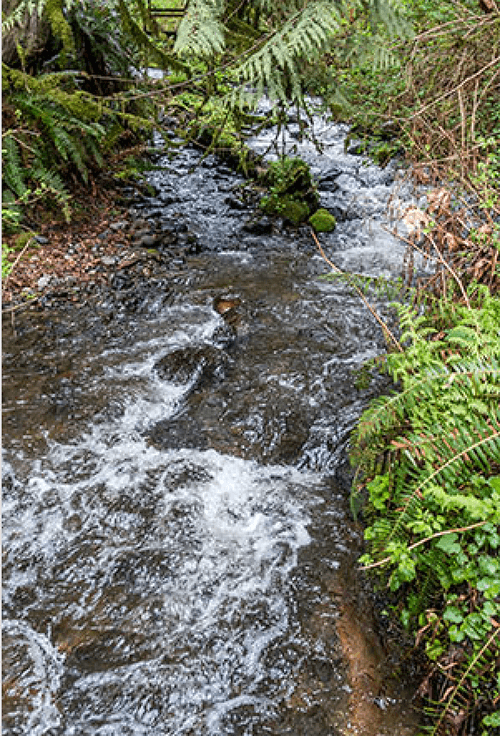Projects to improve Tennessee waters eligible for funds
Oct 21, 2019

The Tennessee Department of Agriculture (TDA) is now accepting grant proposals for projects that will help improve water quality and reduce or eliminate nonpoint source pollution.
“From the Delta region to the Great Smoky Mountains, we have a diverse range of waterways in Tennessee that are vital to the success of our state,” says Agriculture Commissioner Charlie Hatcher, D.V.M. “We’re proud to administer the Nonpoint Source Program, which encourages innovative strategies to reduce the amount of pollutants that enter our state’s waters.” Nonpoint source pollution is soil, urban runoff, fertilizers, chemicals, and other contaminants that degrade surface and ground-water quality. The Nonpoint Source Program was created in 1987 as part of the Clean Water Act and provides funding to states to stop nonpoint source pollution.
Local governments, regional and state agencies, public institutions, and private nonprofit organizations are eligible to apply for these federal dollars administered by TDA’s Land and Water Stewardship Section. Highest priority is given to projects that seek to make measurable improvements to waters impaired by nonpoint source pollution. Other priorities for funding include water quality related to educational projects and projects that aim to protect threatened waters.
The deadline for submitting grant proposals is Dec. 1. Proposals will be evaluated based on program goals and objectives, performance evaluation criteria, and applicable EPA nonpoint source grant guidelines.
A list of impaired waters and the FY 2020 Request for Proposals can be found at www. tn.gov/content/dam/tn/agriculture/documents/landwaterstewardship/319rfp.pdf. For more information, contact Sam Marshall at 615-837-5306 or sam.marshall@tn.gov.
“From the Delta region to the Great Smoky Mountains, we have a diverse range of waterways in Tennessee that are vital to the success of our state,” says Agriculture Commissioner Charlie Hatcher, D.V.M. “We’re proud to administer the Nonpoint Source Program, which encourages innovative strategies to reduce the amount of pollutants that enter our state’s waters.” Nonpoint source pollution is soil, urban runoff, fertilizers, chemicals, and other contaminants that degrade surface and ground-water quality. The Nonpoint Source Program was created in 1987 as part of the Clean Water Act and provides funding to states to stop nonpoint source pollution.
Local governments, regional and state agencies, public institutions, and private nonprofit organizations are eligible to apply for these federal dollars administered by TDA’s Land and Water Stewardship Section. Highest priority is given to projects that seek to make measurable improvements to waters impaired by nonpoint source pollution. Other priorities for funding include water quality related to educational projects and projects that aim to protect threatened waters.
The deadline for submitting grant proposals is Dec. 1. Proposals will be evaluated based on program goals and objectives, performance evaluation criteria, and applicable EPA nonpoint source grant guidelines.
A list of impaired waters and the FY 2020 Request for Proposals can be found at www. tn.gov/content/dam/tn/agriculture/documents/landwaterstewardship/319rfp.pdf. For more information, contact Sam Marshall at 615-837-5306 or sam.marshall@tn.gov.